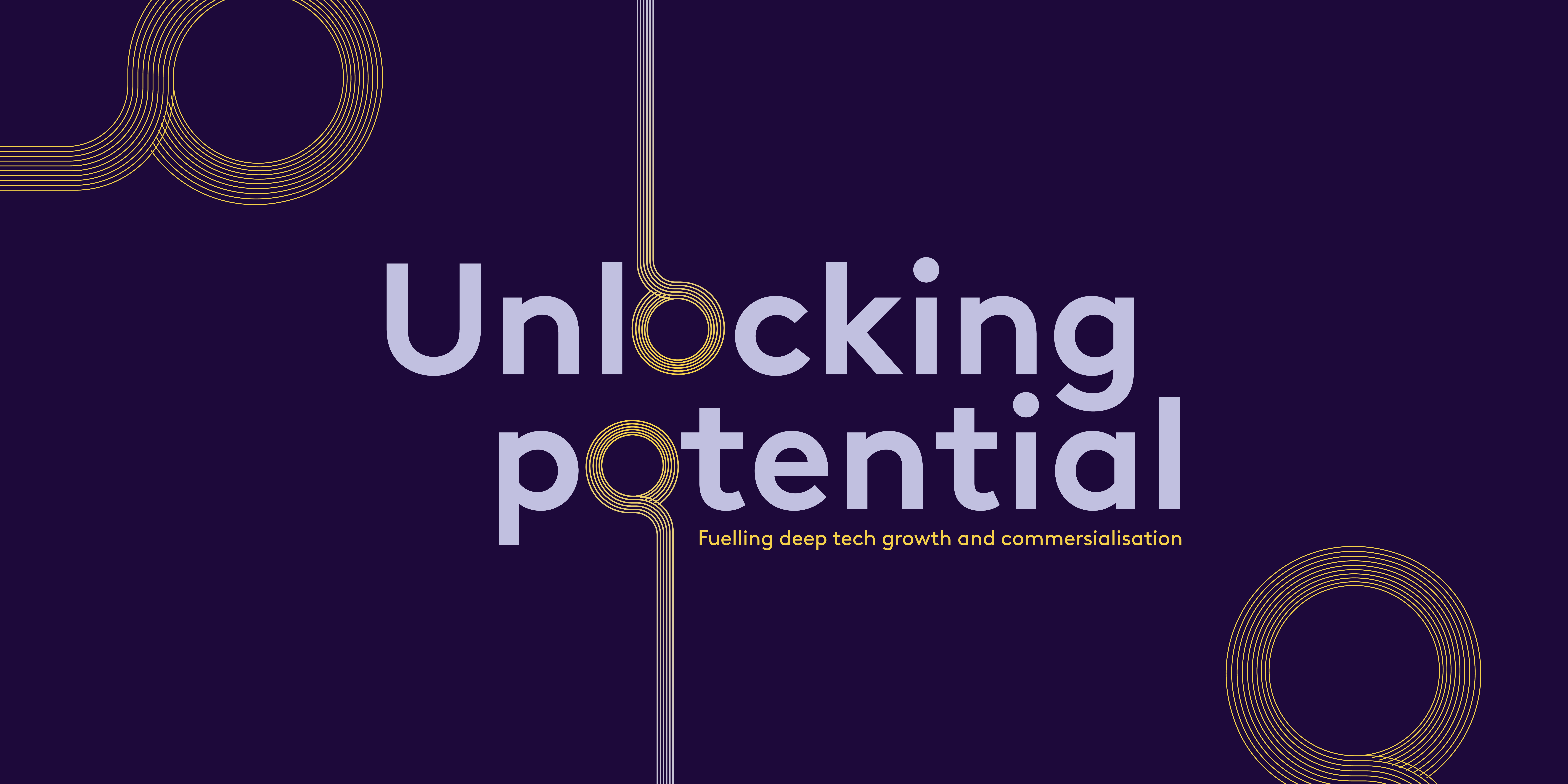Leadership through a crisis, from a CEO who’s been there.
Octopus Venture Partner Pete Daffern has been a CEO three times, and overseen US and EMEA operations for a handful of multi-billion dollar companies. As CEO of Clairmail, he led his company through the aftermath of the 2008 financial crash. The current situation is unprecedented, but what can we learn from a leader who steered his team through dark times? Here’s what happened.
99.5% of people are awesome
That’s my experience in peacetime, but especially in a crisis. The 0.5% will never be happy, whatever the situation. So, in difficult times, there may be some aggressive pushback from that person, or those people. I wasn’t just pleased, I was amazed by my team – and angered by only a very few. People reveal themselves fully in crisis, and that is useful information as you continue to build your team in the future.
Commitment from the beginning
This is what I said to my executive team: “I want to exit this with as many of you on board as possible. However, if any of you can’t implement this then I’m going to have to make some difficult decisions – now.” Making commitment clear on Day One sets the course for the rest of the journey.
Clarity
Roles may be changing, KPIs too, so absolute clarity is essential. Everyone must be clear on what contribution will be required to ride this storm, then they can deliver it. Get the systems in place to manage everyone on a day-by-day basis. Be as streamlined, efficient and optimised as possible.
Adaptation
‘Mission critical core’ has changed. What was important to build in the product last week, for example, probably won’t be important now. Cash-flow break-even is likely front and centre. For some companies I’ve been talking to in the last few days, it’s clear they’re not going to sell anything in the near future, possibly for the balance of this year. So, people’s roles need to change to adapt to that. This is the time to clear up the stuff around the edges, that might have needed to have been cleared up anyway.
Reputation
When this is all over, you may not be praised for trying to maintain business as usual. In fact, you might be challenged and questioned for it. Nobody’s going to look back at your company in two years’ time and think badly of you for seeing that revenue was flat or down in 2020. Conversely, if they see that your sales team, for example, remained intact but only achieved fractions of its targets (through no fault of its own), they’re going to be very unimpressed. Leadership is not about appearances.
Know your investors’ position
Investors who believe in your company, who believe that you will emerge from this a winner, will want to support you. Like you, they will also be first and foremost needing to protect themselves. So, ask the awkward questions now. Know where you stand.
Everything is negotiable
I went through everything, line item by line item. You’re in a strong position to negotiate with suppliers and landlords. Go at it, and do it now.
Humans
We’re dealing with people here. Their families, their lives suddenly jump into the foreground. As the leader, making the tough decisions can be very, very difficult. But you can be creative: extend stock options exercise for leavers; in the US, health insurance is a powerful lever (I actually came away with a more expensive bill in some areas). Be as fair and as human as you possibly can be, but don’t flinch, be transparent and don’t sugar-coat. People aren’t stupid.
Over-doing it is good, under-doing it is bad
If you’re still burning cash, you’ve underdone it. Don’t assume your investors are going to bail you out. If you’re worried about over-doing it, you’re probably in the right place. So, it will take a few months to get your sales ramped up again? That’s better than being out of cash. When this is over, you can be leaner and more efficient; a strong team will be able to handle it, and for the most part you will be positively surprised by your team.
I cut my salary by 50%
Actions speak louder than words. How can I ask anyone to do it if I don’t do it myself? And people stepped up: Execs took a 50% cut, Directors 25% and Employees 10%.
People want to help
Sensible people understand the predicament. They want to help and are looking to leadership for direction.
The loneliness of leadership
This is a reality for leaders of high growth, Series A, B, C companies at the best of times. Allow your team to support you. Lean on your Board, and if they have grey hair, the chances are they will have been through something like this before.
2020 is an unprecedented situation but the principles of good leadership are constant. Fall back on them and you will prevail.
Pete went on to reposition Clairmail as the No.1 mobile platform, leading to its acquisition by Monetise for $400m.













